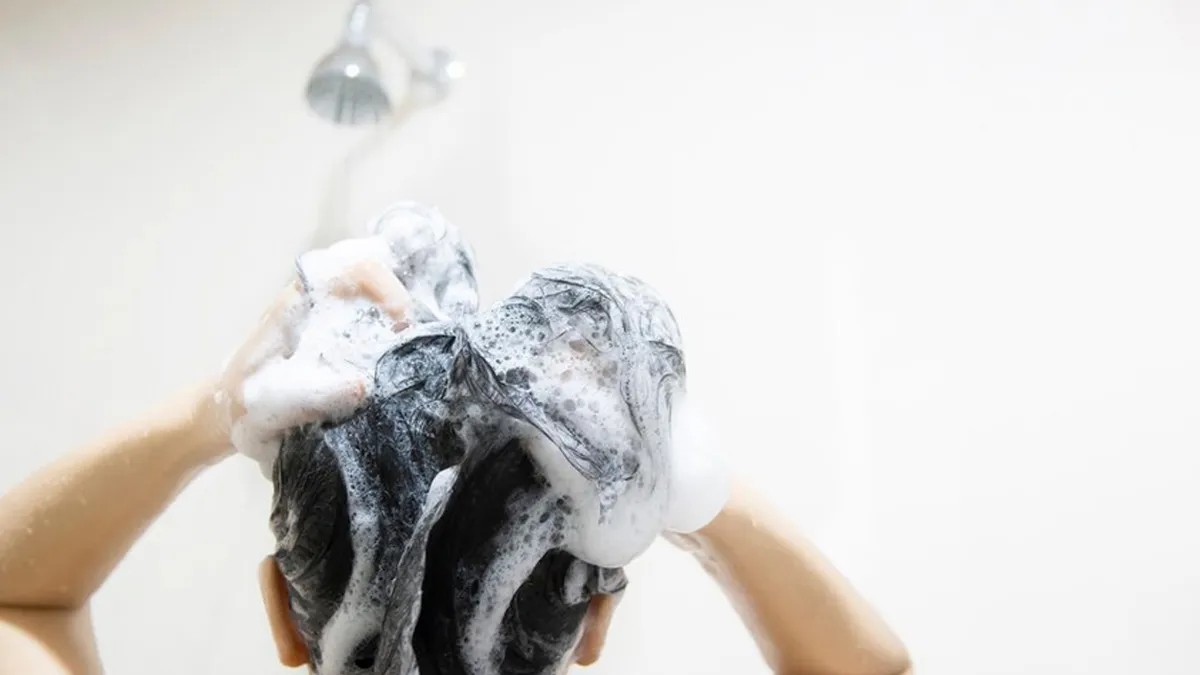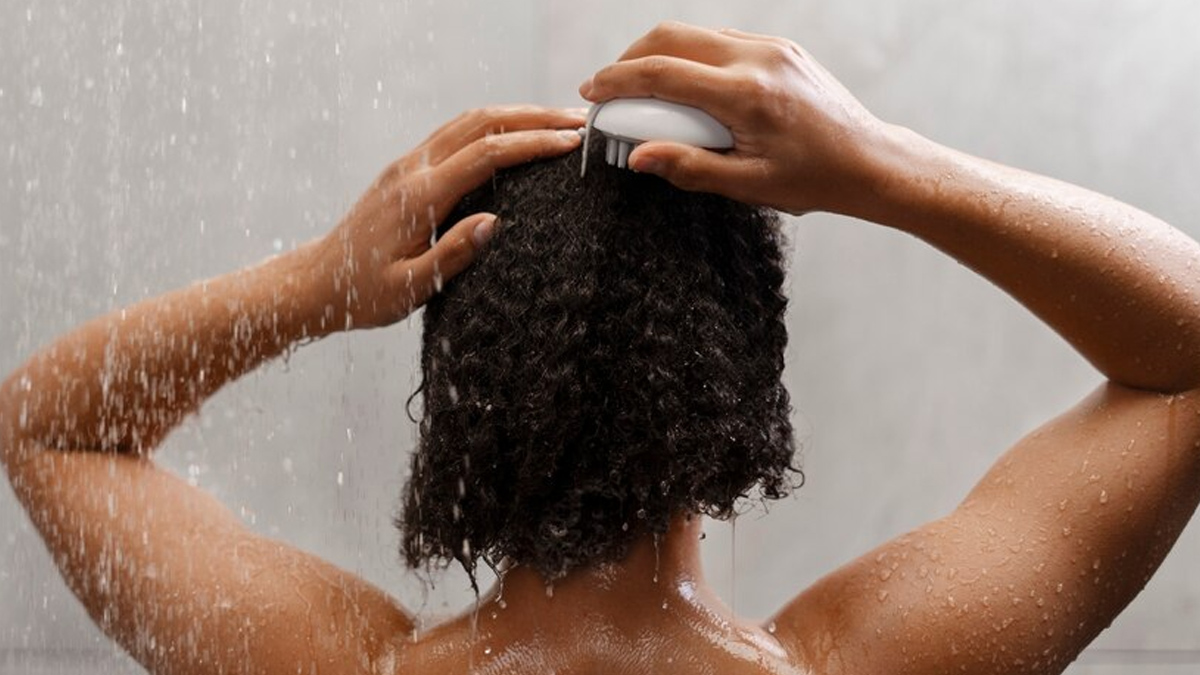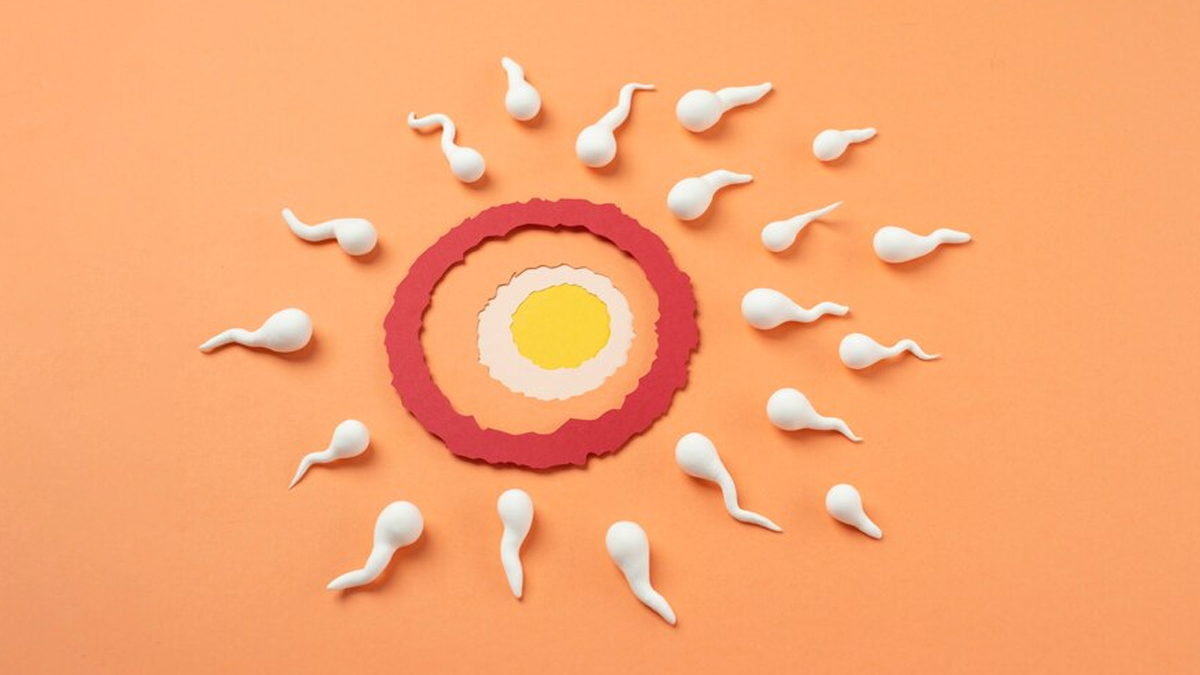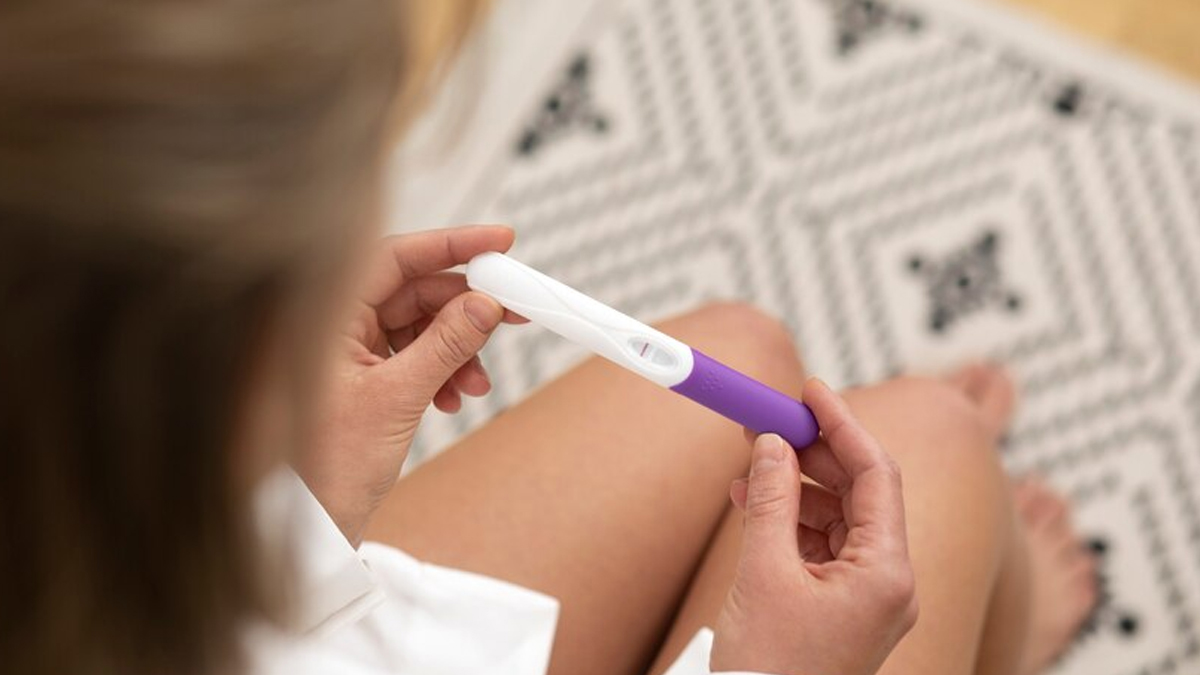
When it comes to pregnancy planning, advice often pours in from all directions, family, friends, and even random internet sources. Amidst this sea of guidance, some myths stand out for their peculiarity. One such notion is the belief that washing your hair could influence your chances of conception. While it may sound bizarre to some, this idea has its roots in deeply entrenched cultural traditions and superstitions.
Table of Content:-
But how much truth is there to this claim? Can something as routine as hair washing impact the complex process of conception? To separate facts from fiction and understand more about this, OnlyMyHealth team interacted with Dr Pratibha Singhal, Director - Department of Gynaecology and Obstetrics, Cloudnine Group of Hospitals, Noida.
Origins of the Hair Washing Myth

The belief that washing your hair could affect pregnancy planning has its roots in cultural practices and old wives’ tales. In some traditions, women are advised to avoid hair washing during specific times, such as certain days of the menstrual cycle or early pregnancy.
According to Dr Pratibha Singhal, “Pregnancy planning is often surrounded by numerous myths and cultural beliefs. One such common myth involves the idea that washing your hair can affect conception. While this notion may be deeply rooted in traditions or superstitions, there is no scientific basis to support the claim.”
Many of these practices stem from the belief that washing hair might “cool down” the body or disrupt internal reproductive processes, thereby reducing the chances of conception or increasing vulnerability during pregnancy. Other interpretations suggest that avoiding hair washing minimises physical exertion during crucial times like ovulation or early pregnancy. However, these ideas are purely cultural and lack any medical foundation.
Also read: Understanding Importance Of Prenatal Vitamins: What To Take And When
The Scientific Reality
From a scientific perspective, there is absolutely no connection between washing your hair and pregnancy planning. Hair washing is an external activity that has no impact on internal reproductive processes.
Dr Singhal emphasises, “From a medical standpoint, hair washing does not interfere with fertility, conception, or pregnancy outcomes. Conception is influenced by factors such as ovulation, sperm health, hormonal balance, and lifestyle choices, none of which are linked to hygiene routines like hair washing.”
Real Factors That Influence Pregnancy Planning

Instead of paying heed to myths, focus on evidence-based factors that play a crucial role in conception:
Ovulation Timing
Tracking your ovulation cycle and timing intercourse accordingly is essential to maximise the chances of conception.Healthy Lifestyle
Eating a balanced diet, exercising regularly, and avoiding smoking and alcohol are vital for both partners’ reproductive health.Stress Management
According to a study published by GREM Journal, high stress levels can disrupt hormonal balance and ovulation. Incorporating relaxation techniques like yoga and mindfulness can help.Medical Health
Address any underlying conditions such as PCOS, thyroid issues, or endometriosis and ensure both partners undergo regular health check-ups.
Why Do Such Myths Persist?
Myths surrounding pregnancy often continue due to a combination of cultural, psychological, and informational factors:
Cultural traditions: These beliefs are handed down through generations and often followed unquestioningly.
Lack of awareness: Limited access to accurate reproductive health information perpetuates such myths.
Psychological comfort: Adhering to rituals provides a sense of control during an unpredictable process like pregnancy planning.
Expert Tips for Pregnancy Planning

Dr Singhal advises:
Trust Science
Rely on evidence-based information for your pregnancy planning efforts. Avoid falling prey to unverified claims or superstitions.Consult Professionals
Regular check-ups with a gynaecologist or fertility specialist can ensure you receive accurate and personalised advice.Ignore Myths
Activities like hair washing, bathing, or other hygiene practices have no influence on your chances of conception.
Conclusion
The belief that hair washing can affect pregnancy planning is unfounded and purely a cultural myth. Concluding, Dr Pratibha Singhal said, “While respecting cultural practices is important, it’s equally vital to prioritise accurate information and medical guidance when planning a pregnancy. Focus on the real factors that affect fertility and leave outdated myths behind.”
By concentrating on scientifically backed methods and consulting medical experts, you can confidently navigate your journey towards parenthood, without letting myths stand in your way.
Also watch this video
How we keep this article up to date:
We work with experts and keep a close eye on the latest in health and wellness. Whenever there is a new research or helpful information, we update our articles with accurate and useful advice.
Current Version